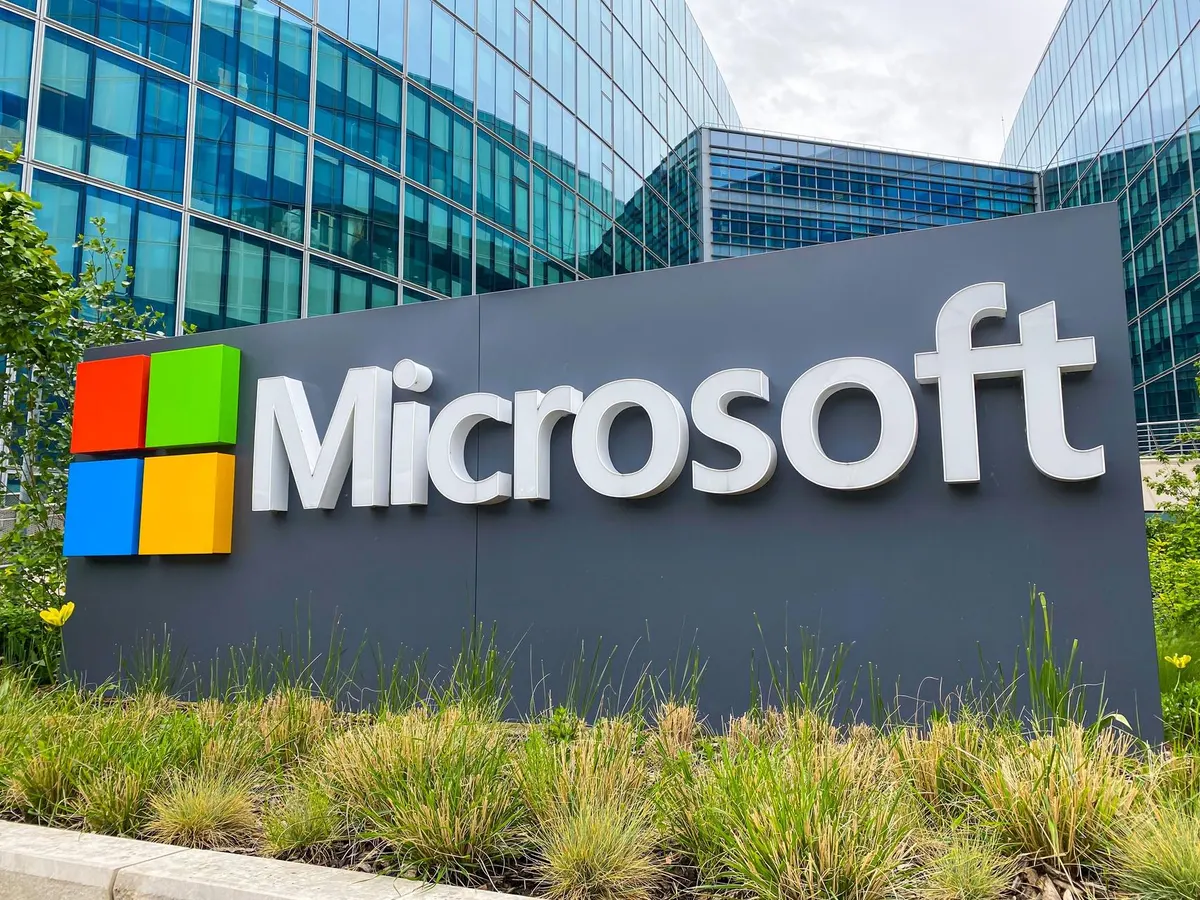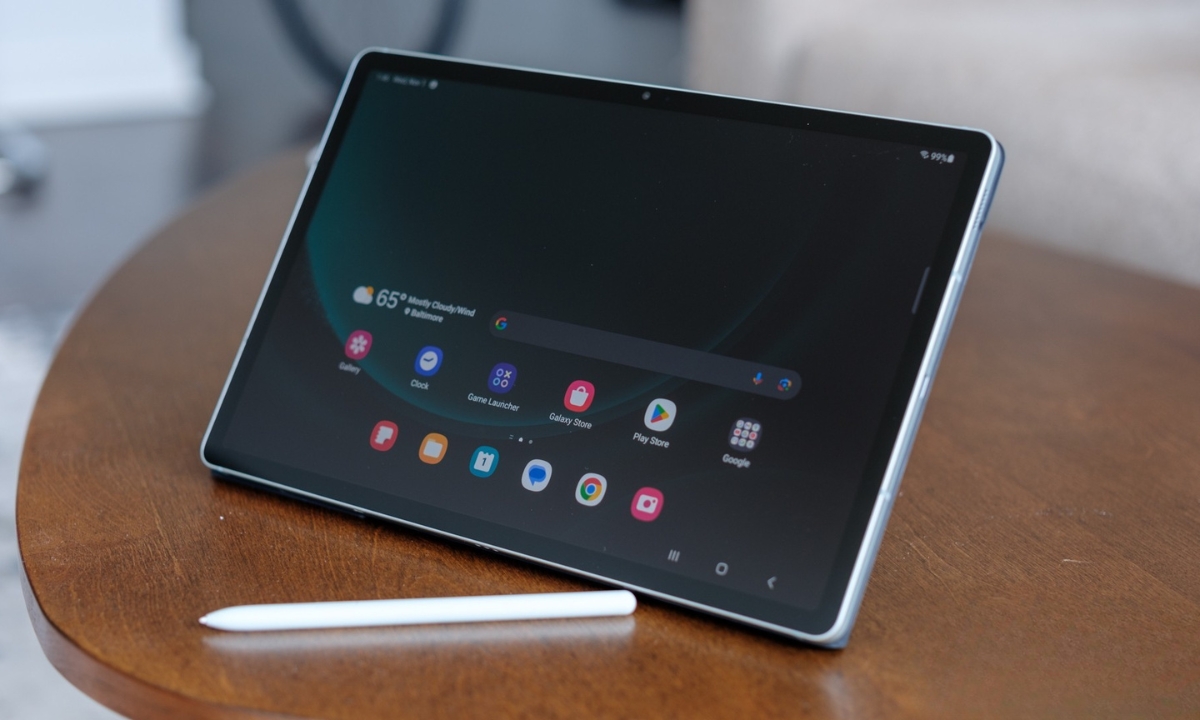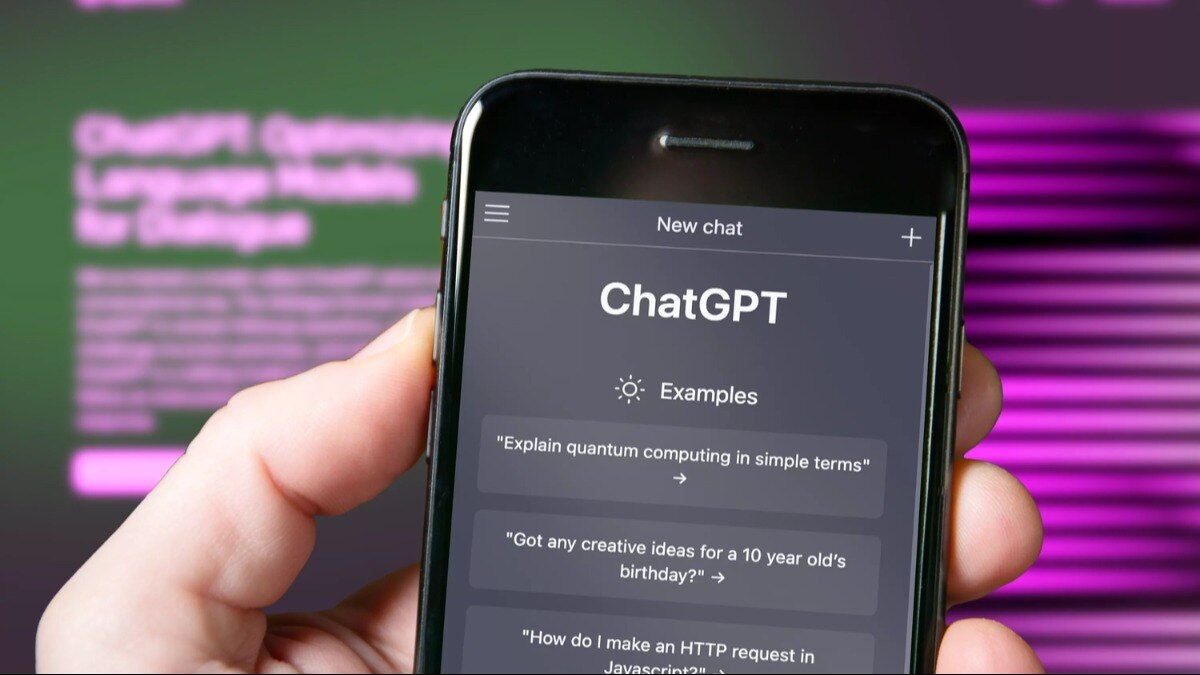Fifty years. Half a century. It sounds like an eternity, especially in the fast-paced world of technology. Yet, today, April 4th, 2025, marks exactly five decades since Bill Gates and Paul Allen officially founded Microsoft in Albuquerque, New Mexico. What started as a dream in a garage has blossomed into a global technology titan, a company whose products have become so deeply ingrained in our daily lives that it’s hard to imagine a world without them.
As Microsoft celebrates this significant milestone, it’s not just a time for popping champagne and reminiscing about the good old days. It’s an opportunity for deep reflection on the journey, the impact, and the future that lies ahead. The company held a special “50th Anniversary Copilot Event” at its headquarters in Washington today, showcasing its latest advancements in artificial intelligence and taking a moment to look back at its remarkable history.
Think back to the first time you encountered a Microsoft product. Maybe it was the clunky interface of early MS-DOS, the revolutionary graphical user interface of Windows 95 that made computing accessible to the masses, the familiar ribbon of Microsoft Office that became a staple in workplaces and homes, or perhaps the thrill of gaming on an Xbox console. For many, these weren’t just software or gadgets; they were gateways to new possibilities, tools that empowered creativity, communication, and productivity in ways never before imagined.
The story of Microsoft is a story of ambition, innovation, and at times, controversy. From its early days providing the BASIC interpreter for the Altair 8800 computer to its current position as a leader in cloud computing and artificial intelligence, the company has consistently pushed the boundaries of what technology can do.
The development of MS-DOS in the early 1980s was a pivotal moment. When IBM chose it as the operating system for its personal computer, it propelled Microsoft into the spotlight and laid the foundation for its future dominance in the PC era. Then came Windows, a name that became synonymous with personal computing for billions around the globe. It wasn’t just about the operating system; it was about creating an ecosystem of software and hardware that transformed how people worked, learned, and connected.
Consider the impact of Microsoft Office. Word, Excel, and PowerPoint became essential tools for students, professionals, and individuals alike. They streamlined workflows, enabled data analysis, and provided platforms for presenting ideas with impact. For many, mastering these tools was a key to success in their careers.
Beyond personal computers, Microsoft ventured into gaming with the Xbox, challenging established players and creating a vibrant community of gamers. This move demonstrated the company’s willingness to diversify and tap into new markets, bringing entertainment and social connection to millions.
The shift to the cloud with Microsoft Azure marked another significant chapter. Recognizing the changing technological landscape, Microsoft invested heavily in cloud infrastructure, providing businesses and developers with scalable and reliable computing resources. This strategic move positioned the company as a key player in the future of enterprise technology.
Today, artificial intelligence is at the forefront of Microsoft’s focus. The recent anniversary event highlighted the company’s commitment to AI with its Copilot technology, aiming to integrate AI into various aspects of computing to assist users in new and intuitive ways. This reflects the same spirit of pushing boundaries that defined the company’s early years.
The journey hasn’t been without its challenges. Microsoft has faced antitrust scrutiny, competition from other tech giants, and the constant pressure to adapt to rapidly evolving technologies. Yet, through it all, the company has shown a remarkable ability to reinvent itself and remain relevant.
Looking ahead, the next 50 years will undoubtedly bring even more changes and challenges. The rise of new technologies like quantum computing, the metaverse, and increasingly sophisticated AI will require Microsoft to continue its journey of innovation and adaptation.
But as we reflect on the past half-century, it’s important to acknowledge the profound impact Microsoft has had on our lives. From the personal computer on our desks to the software that powers businesses and the cloud services that underpin much of the internet, Microsoft’s influence is undeniable. It has democratized access to computing, empowered individuals and organizations, and driven technological progress that has shaped the modern world.
So, as Microsoft celebrates its 50th anniversary, take a moment to think about how this company has touched your life. Did you learn to type on a Windows PC? Did you create presentations with PowerPoint? Did you connect with friends on Xbox Live? The chances are, in some way, Microsoft has been a part of your story. And as the company looks towards the future, its journey of innovation promises to continue shaping the world for generations to come.



















